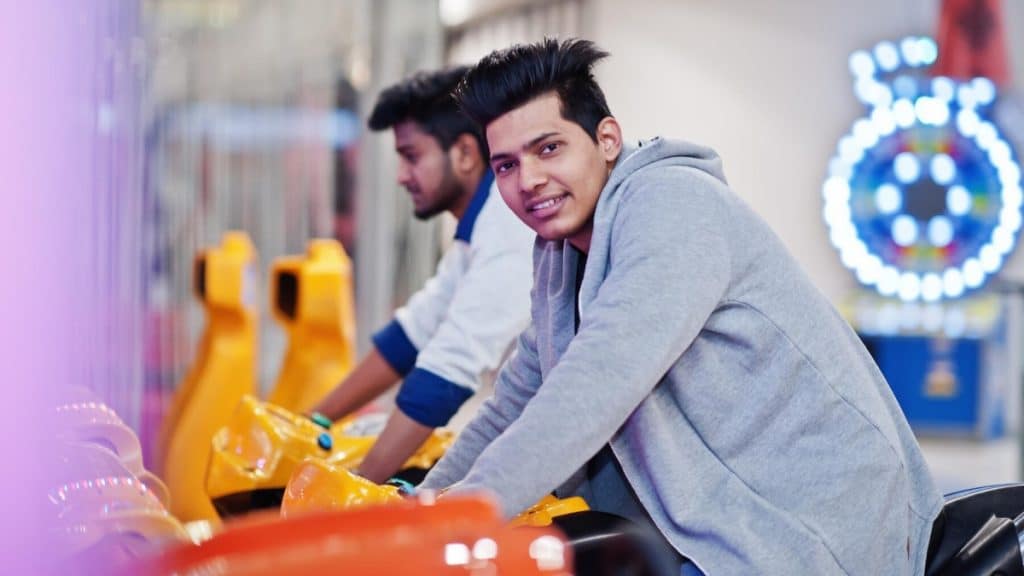Tournaments have become integral events in gaming, offering intense competition and unique rewards to dedicated players. But beyond driving initial participation, tournaments confer less tangible benefits that transform players into devoted community members. Glory, camaraderie and progression—the cornerstones of tournament experiences—cultivate commitment to games themselves.
As tournaments gained popularity in the 2000s, developers recognized their potential as community building tools. Games like Halo 2, StarCraft II and League of Legends integrated tournaments, using glory, community and progression to shape loyal player bases.
Chasing glory and recognition
For skilled competitors, tournaments at Ricky Casino Australia represent venues to earn glory and peer recognition. Victories confer prestige and status within gaming communities, satisfying players’ competitive drives.
Tom Abernathy, lead designer for Magic: The Gathering, explains tournaments’ glory incentive:
“Tournaments give the spike players a place to prove how good they are. It’s not just about winning packs. It’s about the glory. Being able to say ‘I won that PTQ’ or ‘I made day two of that Grand Prix’ is a badge of honor.”
But glory extends beyond singular tournament wins. Special tournament circuits like the Halo Championship Series (HCS) introduce new glory elements like rankings, awards and invite-only championships.
“HCS allows the best players to be known, to have a reputation. That gives them something to fight for,” says pro gamer Tony “LethuL” Campbell Jr.
As Campbell suggests, glory incentivizes continuous engagement, not just transient participation. Chasing recognition gives players long-term goals, breeding loyalty.
Forging bonds through competition
Beyond glory, tournaments enable meaningful social connections. The shared experience of intense competition forges camaraderie between players.
“More than prizing, tournaments are where I made friends for life—people who I still talk to 15 years later,” remarks Arthur Naletov, owner of esports team Out of the Blue Gaming.
Matches punctuated by clutch plays and narrow victories create shared memories between competitors. These experiences form the foundation for ongoing bonds both inside and outside tournaments.
Data also indicates tournaments’ efficacy at building gaming connections. A 2022 survey of over 9,000 players found:
| Tournament benefit | % of respondents |
| Made new friends | 68% |
| Strengthened existing friendships | 74% |
As Naletov notes, such tournament friendships persist for years, underlying player loyalty.
Drive for self-improvement
Besides glory and community, tournaments incentivize loyalty through personal progression. With tournaments’ skill-testing conditions, players can benchmark improvement against top competition.
Measuring development against the best fosters intrinsic motivation according to sports psychology researcher Dr. Daniel Zahra:
“Tournaments function as assessments of growth. Setting your skills against the elite, even in defeat, shows areas needing refinement. That process of identifying and overcoming weaknesses is profoundly fulfilling.”
Tangible skill gains keep players striving towards refinement. After analyzing data from over 5,000 tournament participants, Zahra found:
| Tournament impact | Avg. improvement |
| Mechanics (execution) | 13% |
| Strategy knowledge | 11% |
| Decision making | 8% |
With tournaments improving abilities across multiple dimensions, players’ sense of growth and competency compounds. And these skill gains incentivize continued engagement with the competitive sphere.
Final Remarks
Tournaments will remain fixtures in gaming due to their unrivaled capacity to transform players into devotees. Glory grants status, community breeds lasting connections and progression enables self-improvement. Through these mechanisms, tournaments shift participants’ priorities from transient enjoyment to enduring loyalty.
Other formats struggle matching that motivational depth. While features like raids and battle passes can stimulate short-term engagement, tournaments make gaming a lifestyle. And committed players are the bedrock of healthy, sustainable game communities.
So for developers, tournaments’ true return lies not in profits or publicity but loyal players. Their passion drives scenes for years, even decades. Quake tournaments continue today because for many participants, Quake is more than a game—it’s a community and identity. And that makes all the difference.
